Keywords: Catholic Health Australia
There are more than 200 results, only the first 200 are displayed here.
-
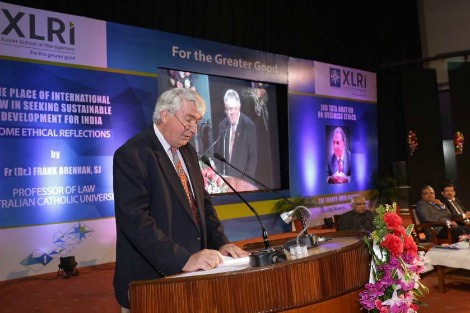
ENVIRONMENT
- Frank Brennan
- 02 December 2016
9 Comments
Neither India nor Australia can go it alone when confronting a global issue such as climate change. India cannot disregard the effects on other nations when it adopts laws and policies for alleviating the poverty of the poorest of the poor. Australia cannot disregard the effects on other nations when it considers restricting the availability of resources for export such as coal which might help provide electricity for the world's poorest citizens.
READ MORE 
-

ENVIRONMENT
- Frank Brennan
- 28 November 2016
'No matter what the economic, political and legal problems confronted by modern day India, our response can be improved by an application of the key principles and norms developed in the international law of trade and human rights, helping to enunciate the realm of law, regulation and political accountability, enhancing public scrutiny providing the right environment for doing business.' Frank Brennan presents the 25th JRD Tata Oration, Xavier School of Management, Jamshedpur, India, 26 November 2016.
READ MORE
-
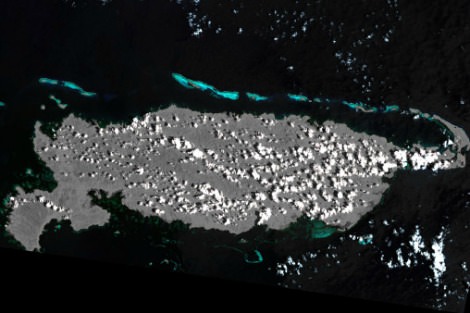
AUSTRALIA
- Frank Brennan
- 14 November 2016
12 Comments
The government has struck a deal with the USA which provides hope at last for the 1600 proven refugees on Manus and Nauru. There's still a lot of work to be done before these refugees can get on with their lives after three years of hopeless agony. Gone are the days of presuming that those who arrive without visas are in direct flight from persecution. Gone are the days when they get first option on the available humanitarian places. I welcome the government's decision, and await the detail.
READ MORE 
-

RELIGION
- Andrew Hamilton
- 25 October 2016
11 Comments
When surveying one's world it is always dangerous to forget the past. Australian historian John Molony's recent book about Italian priest and politician Luigi Sturzo is an accounting, showing how easily democracy, freedom and respect for human rights can be surrendered both by politicians and by the Catholic Church. It invites reflection on our situation today. The Italy in which Mussolini came to power and in which Sturzo operated has haunting similarities to today's world.
READ MORE 
-

AUSTRALIA
- Samuel Dariol
- 19 October 2016
9 Comments
A policy that deliberately inflicts harm on one group of people to deter others from coming to Australia is ethically obnoxious. It is now time to bring the people detained offshore to Australia. The Australian Catholic bishops have promised the resources of Catholic organisations to help educate the children, care for the health and meet other needs of the people who are detained. When a significant sector of the community is ready to help care for vulnerable people, it is proper to allow them to do so.
READ MORE 
-
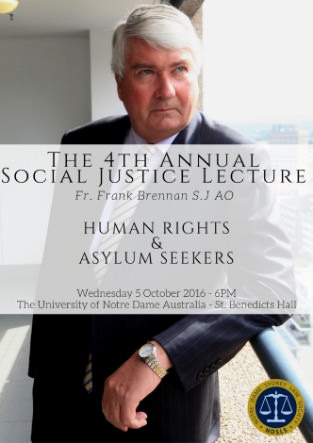
AUSTRALIA
- Frank Brennan
- 06 October 2016
8 Comments
Australia's policy is unique and unrepeatable by other nations because it requires that you be an island nation continent without asylum seekers in direct flight from the countries next door and that you have access to a couple of other neighbouring island nations which are so indigent that they will receive cash payments in exchange for warehousing asylum seekers and proven refugees, perhaps indefinitely. The policy over which Turnbull presides is not world best practice. It's a disgrace.
READ MORE
-

RELIGION
- Frank Brennan
- 23 September 2016
18 Comments
'No good will be served by a royal commission auspiced by the state telling a Church how it judges or complies with its theological doctrines and distinctive moral teachings. By all means, set universal standards of practice expected of all institutions dealing with children, but do not trespass on the holy ground of religious belief and practice.' Fr Frank Brennan SJ addresses the Freedom for Faith Conference in Melbourne, 23 September 2016.
READ MORE
-

AUSTRALIA
- Samuel Dariol
- 21 September 2016
10 Comments
In the last week Turnbull has lauded, as the world's best refugee policy, a system that has resettled no refugees over three years. Dutton has stated that asylum seekers will continue to be processed in Nauru for decades, and described the Australian policy, of which detention on Nauru is part, as compassionate and effective. These comments follow recent reports by NGOs Save the Children and UNICEF, as well as the Australian Human Rights Commission, on offshore detention. Both urge an end to it.
READ MORE 
-

EDUCATION
- Peter Hosking
- 19 September 2016
3 Comments
Australia is now planning for an economy that has more elderly people. Death rates are declining and life expectancy is increasing. Our population should reach 36 to 40 million by 2050; the number of Australians aged 65 and over will go from 3.5 million to 9 million. In 1970 we had 29 per cent of the population under 15 and 8 per cent over 65. In 2050 we will have about 17 per cent under 15 and 23 per cent over 65. We need to plan to help the next generation care for the generation above them.
READ MORE 
-
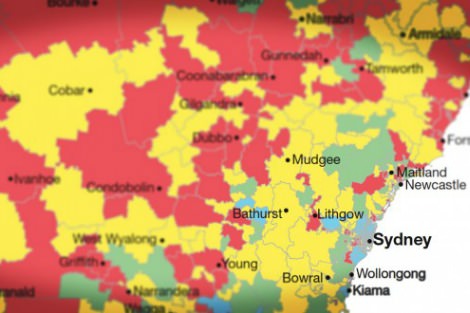
AUSTRALIA
- Julie Edwards
- 27 June 2016
9 Comments
Both major parties offer 'one size fits all' approaches to youth unemployment. This ignores the huge difference in experiences - and employability - between different categories of young person. Not all have completed high school and live at home in a supportive environment. For young people at risk of homelessness, those experiencing mental illness or substance abuse problems, or those who have had contact with the criminal justice system, the initiatives of both parties simply won't be effective.
READ MORE 
-
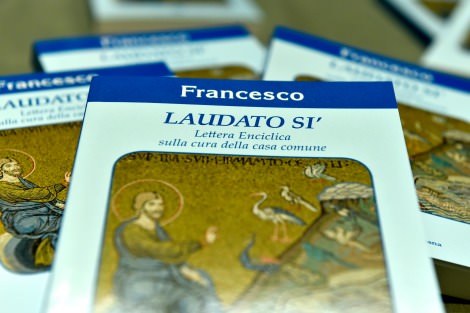
ENVIRONMENT
- Neil Ormerod
- 22 June 2016
23 Comments
It is now 12 months since Pope Francis issued his environmental encyclical Laudato Si'. He opined, 'Although the post-industrial period may well be remembered as one of the most irresponsible in history, nonetheless there is reason to hope that humanity at the dawn of the 21st century will be remembered for having generously shouldered its grave responsibilities.' Where are the Australian politicians who can give hope to the coming generation by focusing our attention on this most urgent issue?
READ MORE 
-
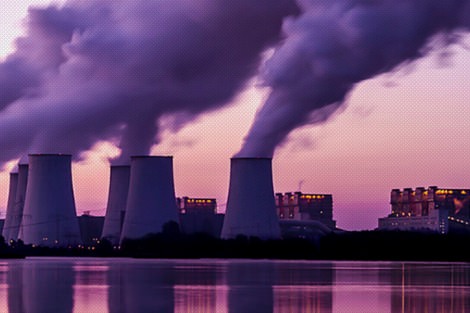
ENVIRONMENT
- Thea Ormerod
- 21 June 2016
4 Comments
An accelerating number of institutions and individuals are moving their money out of planet-heating fossil fuels and into climate solutions. The total assets guided by some form of divestment policy was $3.4 trillion at 2 December last year, 50 times more than what was up for divestment 12 months earlier. It sounds like a lot, but it's a small amount compared to the $100 trillion-plus invested in the usual way. That's our money, in banks and super funds, managed funds and insurance companies.
READ MORE 